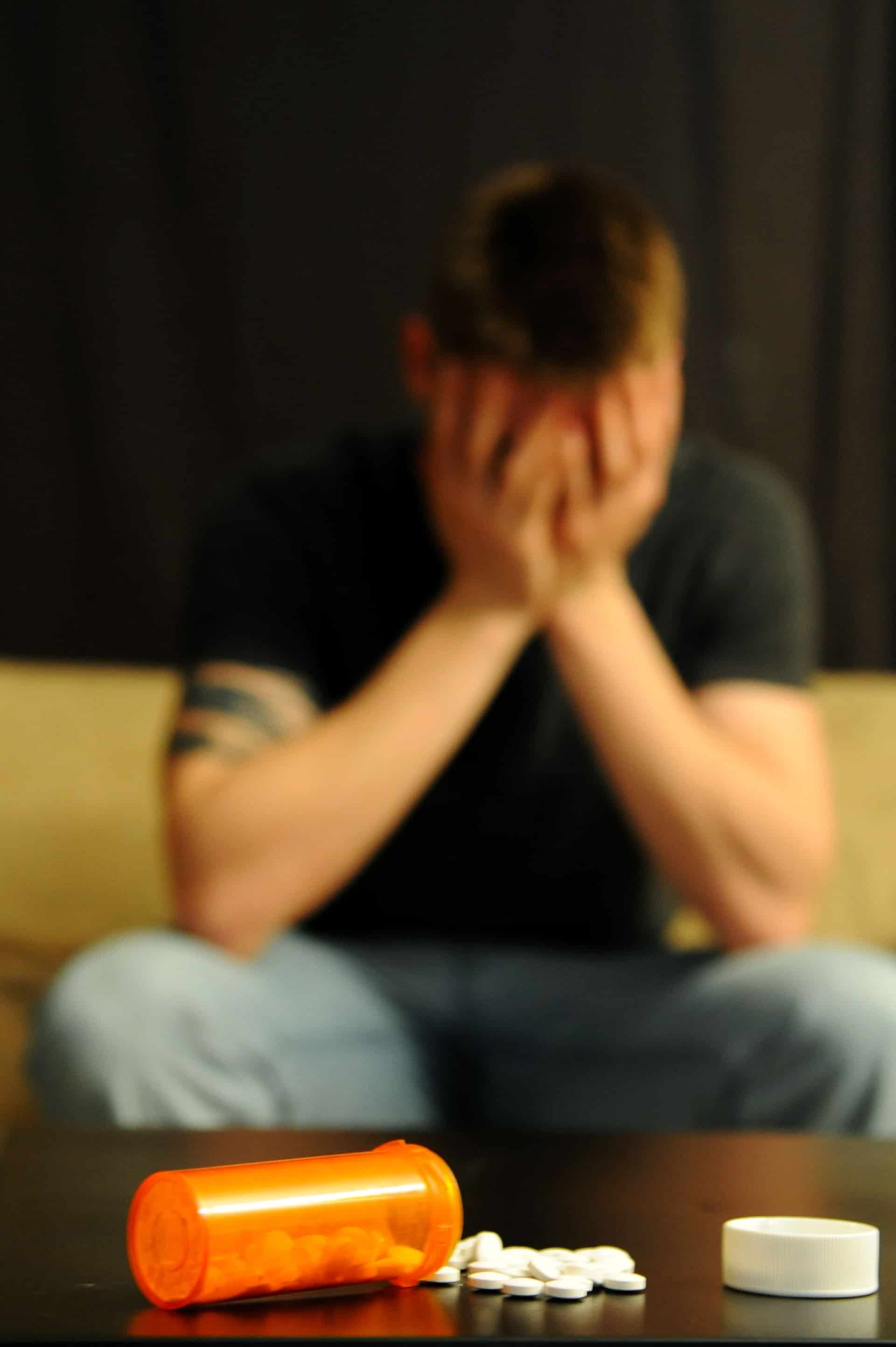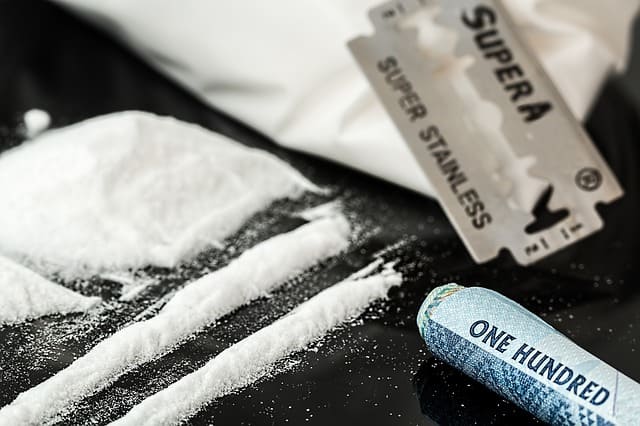Teen drug and alcohol abuse is a common problem, especially in the juvenile justice system. The majority of teens in juvenile detention have a history of drugs and alcohol, and many are under the influence when they are arrested. Drug abuse is closely associated with crime, and these issues can affect teens for the rest of their lives.
Teen Drug Abuse and Crime Statistics
Teen drug and alcohol abuse is a far-reaching issue. The correlation between substance abuse
and crime shows that drug abuse is a major contributor to criminal behavior.
One in three teenagers who are arrested for assault say that the crime happened because they were drunk or high. Repeat violent offenders are three times as likely to drink regularly as the average teen and twice as likely to smoke marijuana. Almost one-third of repeat violent offenders use amphetamines regularly.
About 85 percent of juvenile offenders admit to buying drugs, and about 55 percent admit to selling drugs. Almost half of all teen burglaries were committed because the perpetrator needed money to buy drugs. About 45 percent of juvenile offenders were drunk when they were arrested, and four in five juvenile offenders are either under the influence when arrested, test positive for drugs, or admit to abusing substances.
Substance abuse can cause teens to commit crimes because of their desperation to get more drugs and alcohol. Teens commit burglaries or violent crimes in an attempt to get drugs or to get money for drugs. Even when the crime isn’t directly related to substances, prolonged substance abuse may still play a role. Abusing drugs and alcohol, especially from a young age, can cause antisocial behavior or mental disorders that make the individual more likely to commit crimes.
Causes of Teen Criminal Behavior
A troubled upbringing is one of the most common contributors to teen criminal behavior and substance abuse. About one-third of juvenile offenders were physically or emotionally abused, and about one-fifth were neglected. About two-thirds report that a family member abused substances. Almost half of teen criminal offenders didn’t live with their parents at the time the crime was committed.
Teen crime is also linked to a lack of education. Half of the juvenile offenders were regularly suspended from school, and the majority were expelled from a school at some point. About 75 percent of teen offenders didn’t continue their education after ninth grade.
Emotional and psychological issues can also contribute to criminal behavior. About two-thirds of juvenile offenders have symptoms of anxiety, depression, or high aggression. More than one-fourth of incarcerated teens have a severe mental illness.
However, it’s important to remember that these are not the only causes of teen crime. Sometimes, there’s no clear reason for teen crime or substance abuse. Well-educated kids who have great families and no mental illnesses can still engage in criminal behavior.
Effects of Teen Drug Abuse
Drugs and alcohol can make kids act strange, disruptive, or aggressive in public, which can lead to police intervention for disorderly conduct. Illegal substances can cause violent behavior or can make someone more likely to commit any type of crime, so teen substance abuse often results in an arrest. Teens who spend time in jail often have difficulty finishing their education, finding jobs, and staying on the right path. This can cause them to continue turning to drugs and alcohol to cope with their struggles.
Substance abuse has a number of harmful effects that go beyond the law, too. Teen drinking and drug abuse can be physically dangerous or even fatal because of the effects of the substances themselves and because of the dangerous things kids do while on them. Most substances are also very addictive and can take a huge toll on your mental and emotional health.
Long-Term Results of Juvenile Legal Issues
Being arrested or spending time in jail can be an emotionally scarring experience for a teen, especially one who also has co-occurring mental disorders. Most juvenile detention centers don’t provide mental health treatment or drug rehab treatment, so many teens are released from jail with just as many or more mental and emotional issues as before. This makes it very easy for them to revert back to using substances and committing crimes.
Having a criminal record can affect a teen’s life well into their adult years. A criminal background can affect employment opportunities, admission into schools or colleges, and financial aid for colleges. It can also make you ineligible to join the military or to receive public housing and other benefits. A drug-related record may affect your driving privileges, which can make it even harder to find a job or attend school.
If an adult with a juvenile criminal record is arrested, they may face a harsher punishment than someone with no record. The court case or legal proceedings may be longer and more complicated, which results in larger legal fees.
How to Help Your Teenager
It’s easy to believe that teen substance abuse and crime could never affect your child. Although many juvenile offenders experienced abuse and neglect, even teens from healthy and supportive families can find themselves caught up in the world of drugs. It’s a slippery slope to criminal behavior and long-term struggles with addiction, so you should take the issue very seriously with your children.
Make sure your teenager knows about the dangers of drugs and alcohol. Most teens are hesitant to talk to their parents about serious issues, but let them know that you will always listen with no judgment. If they do bring up the topic of drugs or alcohol, speak to them from a supportive, understanding, and nonjudgmental perspective.
Keep an eye out for any warning signs of drug or alcohol abuse. This includes shifts in personality, suddenly acting withdrawn, changes in social circles, and a drop in school performance. If you think your teenager is at risk for any criminal activity, speak with their teachers, guidance counselor, or a treatment professional. Sometimes, planning an intervention or finding a treatment program is necessary to stop your teen from going down this dangerous path.




